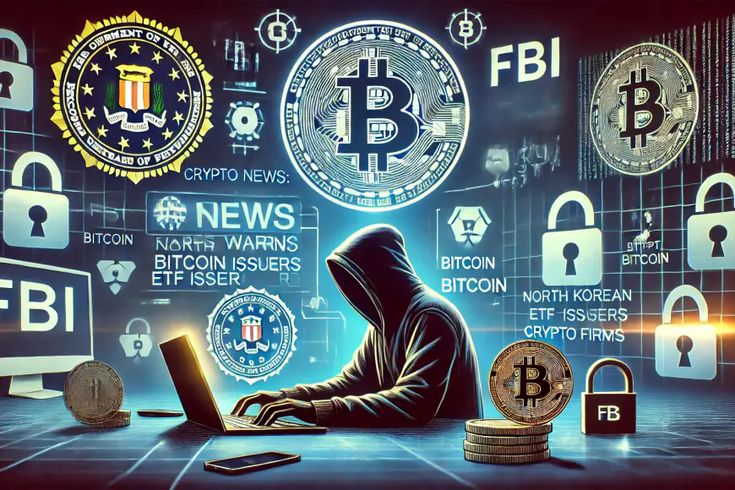Blockchain Forensic Services: Everything You Need to Know
- Transaction Tracking: Tracing cryptocurrency flows across wallets to detect and prevent fraud.
- Fraud Detection: Identifying scams, ransomware payments, or Ponzi schemes.
- Address Attribution: Associating anonymous wallet addresses with real-world entities.
- Regulatory Compliance: Supporting businesses with Anti-Money Laundering (AML) and Know Your Customer (KYC) requirements.
- By leveraging blockchain forensics, organizations can effectively monitor suspicious activities and protect their digital assets.

How Do Blockchain Forensic Work?
Understanding how blockchain forensic services operate can help you appreciate their importance. Although blockchain technology is often seen as anonymous, its public ledger allows for detailed transaction tracking. Blockchain forensic tools make use of this transparency to provide valuable insights.
-
Data CollectionBlockchain forensics begins with gathering transaction data from public ledgers, nodes, and exchanges. Because blockchain transactions are immutable, investigators can rely on the accuracy of historical data.
-
Transaction AnalysisOnce data is collected, investigators use advanced algorithms to analyze transaction patterns. For instance, tools can detect “peeling chains,” a common tactic used in money laundering, where small amounts are transferred to multiple addresses.
-
Address ClusteringAddresses which belonging to the same entity are group using behavioral patterns. This clustering is critical for identifying wallet ownership.
-
Cross-Referencing External DataInvestigators often cross-reference blockchain data with information from exchanges, social media, or seized devices. This process helps attribute wallet addresses to specific individuals or organizations.
-
Visualization ToolsVisualization software, such as blockchain graphs, enables forensic teams to map complex transactions and connections in an easily digestible format.
Why Are Blockchain Forensic Important?
-
Fighting Financial CrimesCryptocurrencies have been exploited by criminals for activities such as ransomware attacks, drug trafficking, and tax evasion. Blockchain forensic services play a crucial role in identifying and stopping these illicit activities.
-
Enhancing TrustFor blockchain networks to thrive, trust is essential. Blockchain forensics ensures that the technology is not misused, thus fostering a secure environment for users and businesses.
-
Regulatory ComplianceGovernments and regulatory agencies require businesses to comply with AML and KYC standards. Blockchain forensics helps organizations meet these requirements by monitoring transactions and reporting suspicious activities.
-
Recovery of Stolen FundsWhen cryptocurrencies are stolen, we can trace the funds, providing critical leads to recover them. This is especially helpful in cases of exchange hacks or phishing attacks.

Tools and Techniques Used
We rely on advanced tools and techniques to ensure effective investigations. Some of the most commonly used include:
-
ChainalysisA leading blockchain analytics tool, Chainalysis helps trace cryptocurrency flows, detect fraud, and ensure compliance.
-
CipherTraceThis tool specializes in identifying suspicious transactions and providing risk-scoring for cryptocurrency wallets.
-
EllipticA platform that enables businesses and law enforcement agencies to investigate and prevent financial crime.
-
Graph AnalyticsTools such as Cytoscape and Gephi are use to visualize blockchain transaction flows, making complex patterns easier to understand.
-
Artificial Intelligence (AI)Machine learning models identify unusual behaviors and improve fraud detection capabilities.
Challenges in Blockchain Forensics
Despite its effectiveness, blockchain forensics faces several challenges:
- Anonymity Features: Privacy-focused coins like Monero and Zcash make tracing transactions difficult.
Decentralized Platforms: The lack of centralized oversight in decentralized exchanges poses additional hurdles. - Global Jurisdiction: Blockchain crimes often cross borders, complicating legal proceedings.
- Evolving Tactics: Criminals continuously adapt their methods to bypass forensic tools.
However, with ongoing advancements in technology and collaboration between governments and private sectors, many of the challenges are being address.
Benefits of Blockchain Forensic Services for Businesses
Businesses involved in blockchain and cryptocurrency ecosystems can gain significant advantages from forensic services:
- Fraud Prevention: Early detection of suspicious activities safeguards business assets.
- Improved Reputation: Demonstrating a commitment to compliance and security builds trust with customers.
- Regulatory Approval: Proper monitoring ensures adherence to government regulations, avoiding fines and penalties.
- Enhanced Security: Regular forensic audits can identify vulnerabilities in blockchain systems.
Future of Blockchain Forensic Services
As blockchain technology evolves, so will the methods for detecting and preventing fraud. Emerging trends include:
- Real-Time Monitoring: AI-powered tools will enable real-time transaction tracking.
- Integration with IoT: Combining blockchain forensics with IoT devices could expand investigative capabilities.
- Enhanced Privacy Solutions: Balancing transparency and privacy will remain a focus for developers and regulators alike.
- By staying ahead of technological advancements, blockchain forensic services will continue to be a cornerstone of trust and security in the digital economy.



